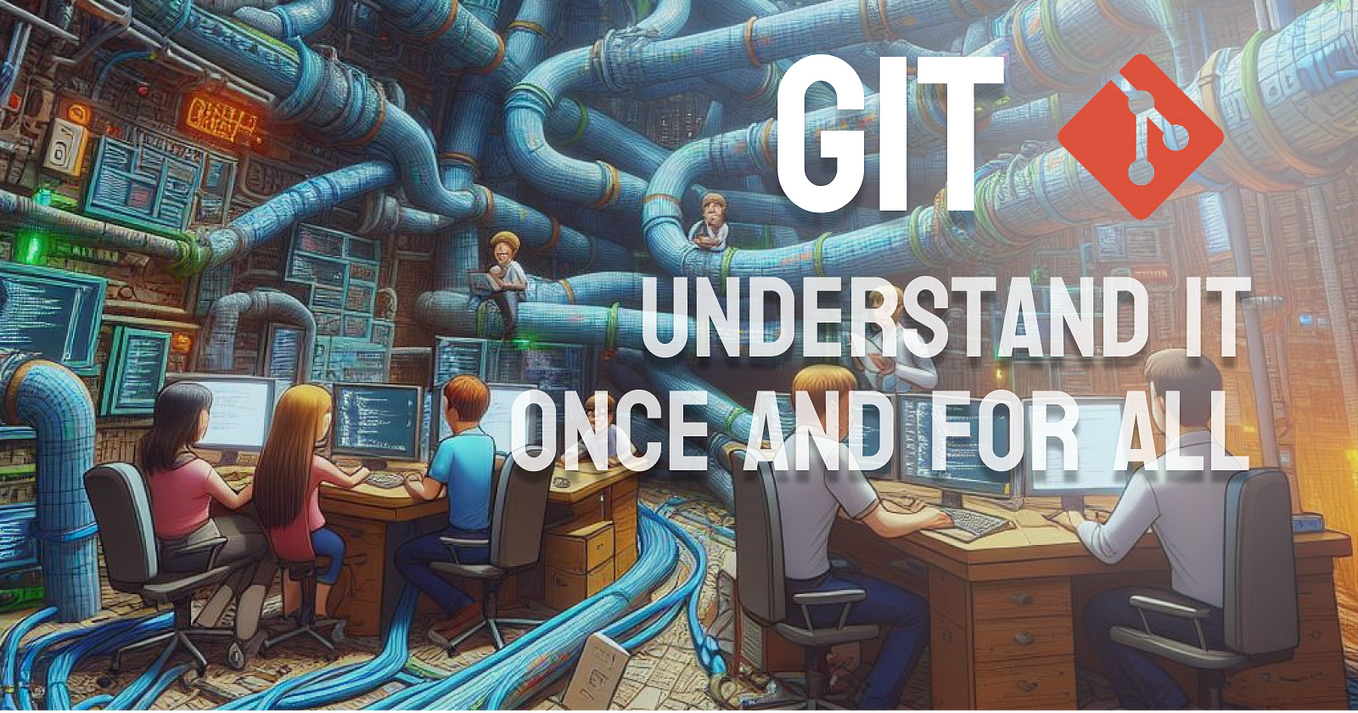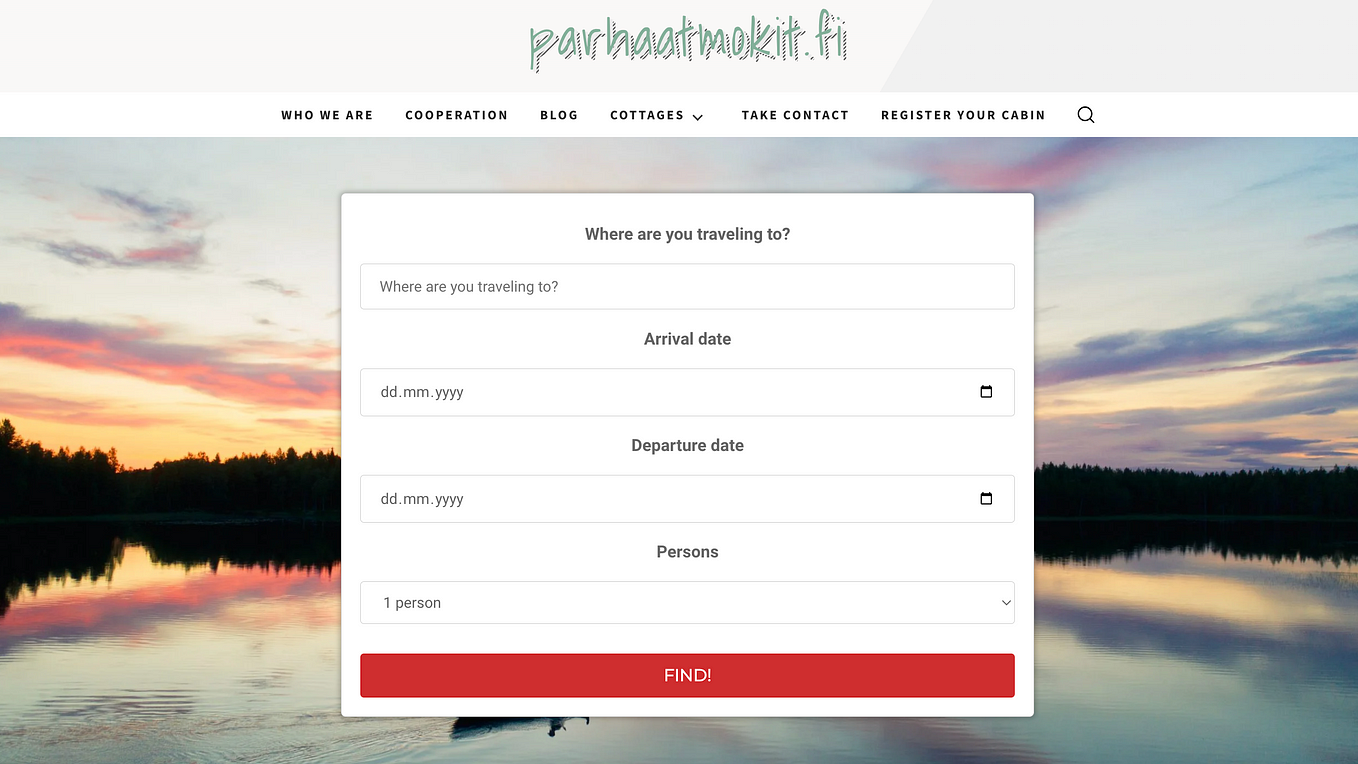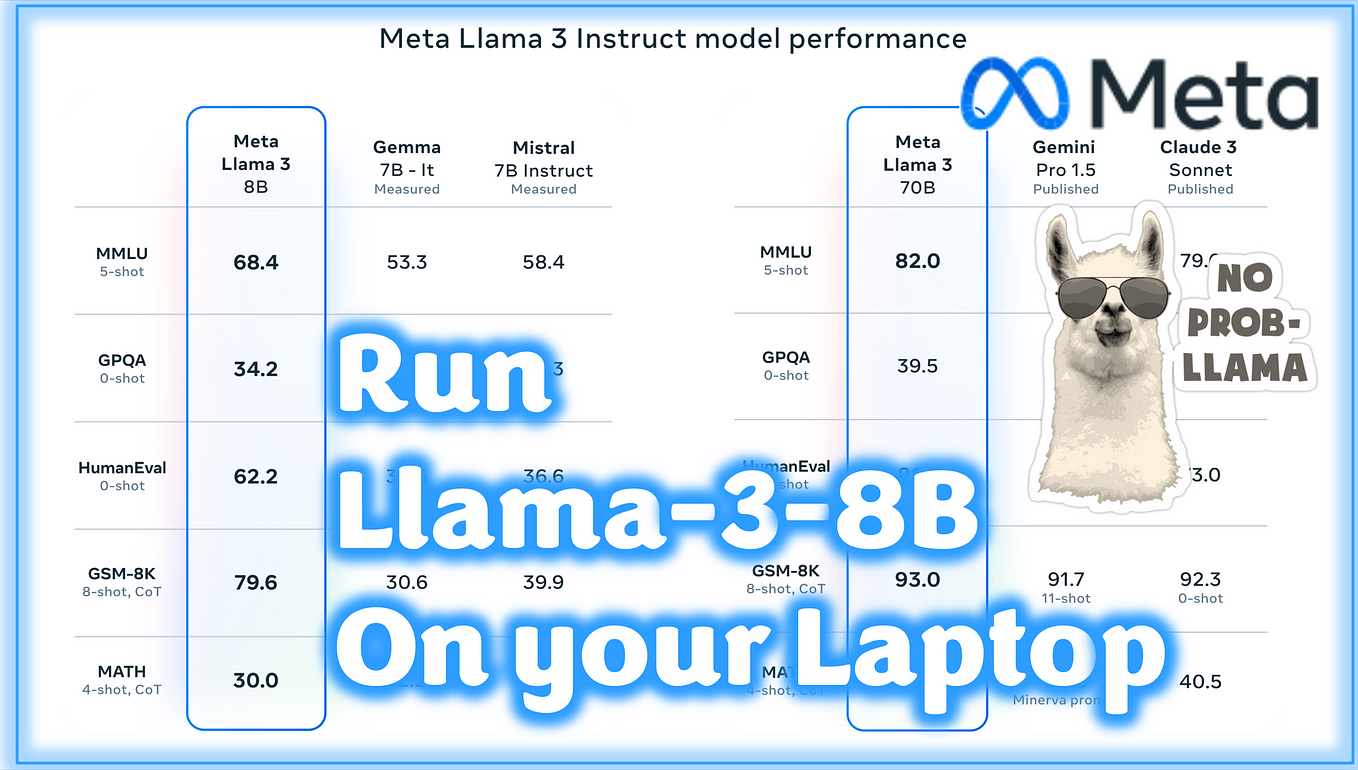Understanding Open-Source Licenses: A Comparative Guide
Preface
When you’re unaware of the rules, it becomes impossible to knowingly break them.
Why Create Open-Source?
Open-source software provides valuable benefits for individuals and the software ecosystem. It fosters community-driven innovation, leveraging the collective intelligence and creativity of diverse developers. This collaborative approach leads to faster iterations, increased reliability, and the ability to solve complex challenges more effectively.
Contributing to open-source projects is a long-term investment. Your contributions have a lasting impact, benefiting the project and its users over time. Additionally, active participation in open-source projects helps you enhance your skills, gain practical experience, and build a strong reputation within the developer community.
Open-source software offers flexibility and adaptability. Access to the source code allows developers to customize and tailor the software to specific needs, empowering them to shape the technology according to requirements. The vibrant ecosystems surrounding open-source projects provide a wide range of complementary tools and resources, further expanding the software’s potential.
Choosing an Appropriate License
Choosing the correct open-source license, however, can be a complex task. Different licenses have specific terms and conditions that govern how the software can be used, modified, and distributed. It’s crucial to carefully evaluate and select the appropriate license that aligns with your project’s goals and ensures the desired level of openness and collaboration.
Open source licenses are legal and binding contracts between the creator and the user of the software. They dictate how the software can be used, modified, and distributed. In this article, we’ll explore the key differences between some of the most popular open source licenses.
MIT License
The MIT License is one of the most permissive open-source licenses. It allows users to do almost anything with the code, provided that the original license and copyright notice are included. This includes using, copying, modifying, merging, publishing, distributing, sublicensing, and/or selling copies of the software.
Example Scenario:
You’re developing a library that you want others to use freely in their own projects, without any obligation to disclose their source code or to use the same license. For example, you’ve created a new data visualization library in JavaScript and you want it to be as accessible and reusable as possible.
Apache License 2.0
The Apache License 2.0 is similar to the MIT License, but it also includes an explicit grant of patent rights from contributors to users. It also has a more robust set of conditions, including a requirement to include a copy of the license and any notices in all copies of the software.
Example Scenario:
You’re developing a software that may have patentable technology and you want to protect contributors and users from patent litigation. For instance, you’re creating a new machine learning algorithm that could potentially be patented, but you want the open-source community to be able to use and contribute to it without fear of patent claims.
GNU General Public License (GPL)
The GPL is a copyleft license, meaning that any derivative work must be distributed under the same license terms. This ensures that any modifications or improvements made to the software are also made available to the community. There are different versions of the GPL, with the GPLv3 being the most recent and comprehensive.
Example Scenario:
You’re developing a software and you want any derivative work to be open sourced under the same license. For example, you’re creating a new operating system and you want to ensure that all modifications and improvements made by others are also made freely available to the community.
GNU Lesser General Public License (LGPL)
The LGPL is a more permissive version of the GPL. It allows you to link to an LGPL library in your software without having to release your software under the LGPL. This makes it a popular choice for libraries and other reusable components.
Example Scenario:
You’re developing a library and you want others to use it in their own projects, even if they are not open-source, but any changes to your library itself must be open sourced. For instance, you’re creating a new image processing library and you want it to be usable in both open-source and proprietary software, but any improvements to the library itself should be shared.
BSD Licenses
There are several versions of the BSD license, but they all have in common a high degree of permissiveness. The main difference between the BSD licenses and the MIT License is in the handling of advertising materials and endorsements.
Example Scenario:
You’re developing a software that you want others to use freely with minimal restrictions, even in proprietary software, but they must retain your copyright notice. For example, you’ve created a new database management system and you want it to be as accessible as possible, but you want your contribution to be acknowledged.
Mozilla Public License 2.0
The Mozilla Public License 2.0 is a compromise between the permissive MIT License and the copyleft GPL. It allows you to freely use, modify, and distribute the software, but any modifications you make must be made available under the same license.
Example Scenario:
You’re developing a software and you want to allow others to use, modify, and distribute the original or modified versions of the software under their own license, but they must disclose changes made to your code. For instance, you’re creating a new web browser and you want to encourage both open-source and proprietary derivatives, but changes to your code must be shared.
Creative Commons Licenses
While not typically used for software, Creative Commons licenses are popular for other types of open content like documentation, images, and music. They offer a range of options from very permissive (CC BY) to more restrictive (CC BY-NC-ND).
Example Scenario:
You’re creating content like documentation, images, or music that you want to share with the community under certain conditions. For example, you’ve written a comprehensive guide on using a particular software and you want others to be able to use, share, and build upon your guide, but they must give you credit and they can’t use it for commercial purposes.
Summary
- MIT License: Highly permissive, allows almost any action with the software, provided the original license and copyright notice are included.
- Apache License 2.0: Similar to MIT but includes an explicit grant of patent rights and requires inclusion of the license and any notices in all copies of the software.
- GNU General Public License (GPL): A copyleft license that requires any derivative work to be distributed under the same license terms.
- GNU Lesser General Public License (LGPL): A more permissive version of the GPL, allows linking to an LGPL library in your software without having to release your software under the LGPL.
- BSD Licenses: Highly permissive like MIT, but with different handling of advertising materials and endorsements.
- Mozilla Public License 2.0: A compromise between the permissive MIT License and the copyleft GPL, requires modifications to be made available under the same license.
- Creative Commons Licenses: Not typically used for software, but popular for other types of open content, offers a range of options from very permissive to more restrictive.
Additional Resources
Here are some resources that might help you navigate through open-source licensing:
- Full Service Free and Open Source Software Counseling: This firm specializes in helping companies implement a long-term, customized open source compliance strategy.
- Open-Source Licensing Lawyer — Kronenberger Rosenfeld, LLP: Their lawyers have an extensive technical background as open-source contributors, enabling them to provide personalized counsel for your matter.
- Open Source Licensing — Losey PLLC: They offer services related to open source licensing, including use, copy, modify, and distribute software.
- Open Source Software Licenses: Novel Case Explores Who Can …: This article from Orrick discusses a case that may broaden open-source license enforcement and disclosure.
- Developer’s Guide to Open Source Licenses — Toptal: This guide from Toptal provides a comprehensive overview of some of the most popular open-source licenses, and several rules of thumb to follow when choosing a license.
Please note that the price, effectiveness, and quality of these services may vary, and it would be best to contact these organizations directly for more specific information.
Conclusion
Choosing the right open-source license for your project is a critical decision. It’s important to understand the implications of each license and to consider your goals for the project. Do you want to encourage wide usage and adaptation, or do you want to ensure that all modifications are made freely available? The answer to this question will guide you towards the license that’s right for you.
It’s important to note that this list is not exhaustive and serves as a simplified overview of some available resources. It should not be interpreted as legal advice. For decisions related to software licensing, it’s always recommended to consult with a legal professional.
Disclaimer: The information provided in this article is for informational purposes only and should not be considered legal advice. It is essential to conduct thorough research and review the appropriate licenses in their entirety before making any decisions regarding open-source licenses. I am not an attorney, and therefore, I cannot be held responsible for any errors, inaccuracies, or omissions in this article. Always consult with a qualified legal professional for specific legal advice related to open-source licensing matters.
Stay Connected for More!
Thanks for reading! If you enjoyed this article and want to see more of my work, be sure to check out my GitHub profile at github.com/zenosmosis. Don’t forget to give it a ⭐️ if you find it helpful!
You can also find me on LinkedIn and Hacker News.
Happy coding!






